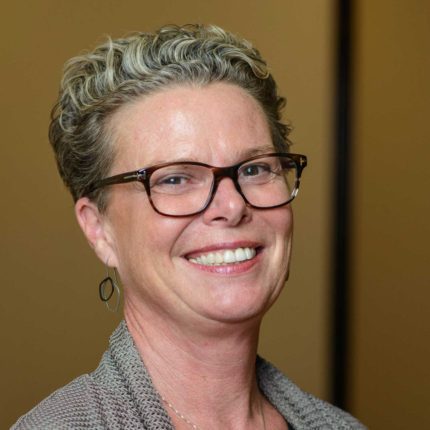I enrolled in a MOOC last week. It’s my fourth MOOC but the first that has a professional bent as opposed to personal interest.
It’s on project management, because as a journalist (and former editor) I realised we project manage all the time but but its more by symbiosis than design. Journalism is a very particular career that is at once spontaneous and deep dive. It’s intense and reactive and immediate. Something happens, you write about it, and then move on. Sometimes the story is big enough that you return to it over and and over again, as new information breaks or as you get new insights. But you are always moving on to the next big headline.
Project management just seemed like something I could benefit from knowing about.
Getting due recognition
The reason I’ve been thinking about MOOCs and microcredentials is that there is a review of the Australian Qualifications Framework. Currently the AQF is a ten-step hierarchy, starting with short vocational certificates (called certificate 1) which don’t require school graduation all the way to PhD. In Australia, as elsewhere, degrees are becoming the foundational post-school qualification. Over the past decade, bachelor attainment levels have shot up and now sits at about 40% for people aged 25-35.
At the same time, apprenticeships have been in decline and aspiration to attend vocational education has diminished into almost non-existence (I read a statistic somewhere that only 4% of 16 year old girls aspire to attend TAFE after school).
But every degree requires a significant investment in time, money and opportunity cost. That might not be what people needing to reskill or upskill or refresh their skills might be able to afford. But we need to see that in light of the imminent collision between an ageing population and rapidly changing workplaces driven by technological advancement.
People are going to live longer and 50-60 year careers are now within the realm of possibility. If a 20-year-old today has a 50 per cent chance of living to be 100, as has been predicted, then it goes without saying that the ongoing upgrading and renewal of skills and education will be an essential factor in supporting individuals to navigate complex career structures, and to enrich lives.
But the costs of skills renewal must be prohibitive for a lot of people. A quick Google search showed I could do a graduate certificate in project certificate from a university for around $8000 and a graduate diploma for $16,000. A cheaper alternative might be a diploma of project management from my local TAFE for $1342. Then again, my MOOC, from the University of Adelaide, is free unless I want a certificate of completion which costs US$50.
Smaller might be better
The current review is particularly interested in how microcredentials, skill sets, short courses, incomplete qualifications, enabling and foundation courses, MOOCs and professional and vendor courses might add up to contribute to or become a valued credential in their own right. In the past five years, there has been an explosion of such courses. The National Centre for Vocational Education Research has estimated that around one third of all learning that takes place is not AQF-recognised.
The question being asked by the AQF working team is how to recognise all this unrecognised learning without compromising quality and giving a green light to rogue operators to move into the space.
The discussion paper notes that new technologies such as blockchain will make the issue of validation of short courses more secure. It also looks at overseas systems that have already attempted to include micro-credentials to see if we can borrow from them. The Scottish and Irish systems appear to offer the most useable versions, but New Zealand, Denmark and Hong Kong have also taken steps to offer recognition for these courses and they could offer important insights into how Australia might adapt its own version.
To be included in the AQF, microcredentials would need to have a reliable and consistent form of assessment. Some universities, such as Deakin, have been forging onwards despite the policy void in this area and have developed AQF equivalence for microcredentials at levels 8 and 9. It’s a bold and assertive first step and other universities should be watching closely.
The world of education is changing and changing fast. The era of the microcredential is upon us and now governments and regulators have to scramble to catch up. But as far as I can see, it’s good news for consumers who will not be hidebound to a particular institution or qualification and will be able to mix and match courses to suit their interests, budgets and emerging careers.













